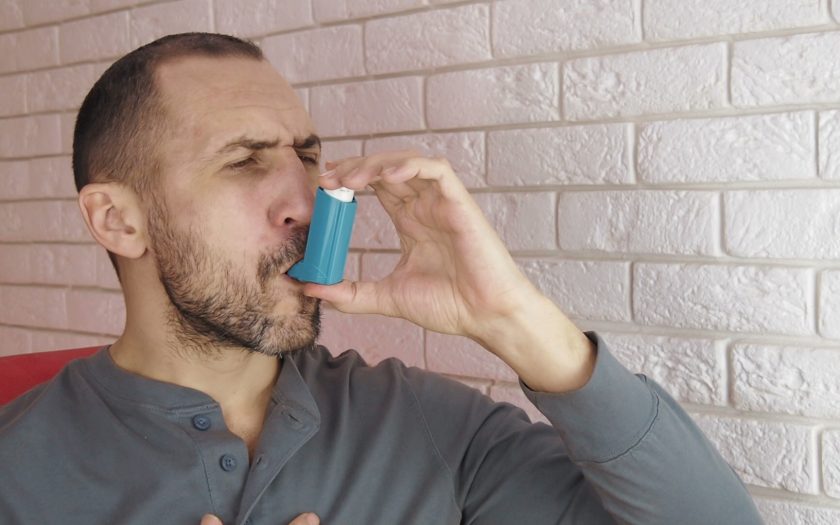There are about 300 million people who suffer from bronchial asthma on the planet. This is one of the most common chronic diseases. all people are exposed to this pathology, regardless of gender, age, and social group. Children are most susceptible to the disease. Mortality among patients with bronchial asthma is quite high.
Bronchial asthma is a chronic non-infectious disease of the respiratory tract of inflammatory nature. Chronic inflammatory processes in the respiratory organs lead to their hyperactivity, which results to immediately develop a bronchial obstruction in contact with allergens. It limits the rate of air flow and causes breathlessness. Seizures are observed with varying frequency.
The most common allergens are household allergens – it’s home and book dust, food for aquarium fish and animal dander, vegetable allergens and food allergens. In 20-40% of patients with bronchial asthma, there is a similar reaction to drugs, and 2% of the disease is due by work in the area of harmful manufacturing or, for example, in perfume stores.
Symptoms of bronchial asthma
Outside the attacks, a person may not feel any discomfort at all. During the attack, there is shortness of breath, noisy arrhythmic breathing, coughing, maybe sneezing.
During an attack, the patient’s pose is compelled, usually, the patient tries to take a seated position with the body inclined forward, and find the point of the support. The person becomes swelling, while during exhalation the cervical veins swell. Depending on the severity of the attack, you can observe the involvement of muscles that help to overcome resistance to exhalation.
Complications of bronchial asthma
Depending on the severity and intensity of asthma attacks, bronchial asthma can be complicated by emphysema and to the addition of secondary cardio-pulmonary insufficiency. Overdose with beta-adrenergic drugs or rapid reduction in corticosteroid dosage may result in an asthmatic status when attacks of dyspnea go one after the other and it is virtually impossible to stop them. The asthmatic status may end with a lethal outcome.
Treatment of bronchial asthma
In order to relieve the attacks of dyspnea, the drugs in the form of an aerosol are used in order to quickly increase the lumen of the bronchi and improve the sputum outflow. The dose in each case is selected individually.
The peculiarity of bronchial asthma treatment is that it is necessary to use drugs in the minimum effective dose and seek even more reduction in dosages. Expectorant and mucolytic drugs are indicated for the best sputum release. It is also necessary to conduct timely treatment of concomitant diseases – chronic bronchitis, bronchopneumonia.
Prevention and prognosis for bronchial asthma
The course of bronchial asthma consists of a series of exacerbations and remissions, with timely detection, you can achieve sustained and long-term remission. The prognosis also depends to a greater extent on how carefully the patient treats his health and adheres to the doctor’s prescriptions.

